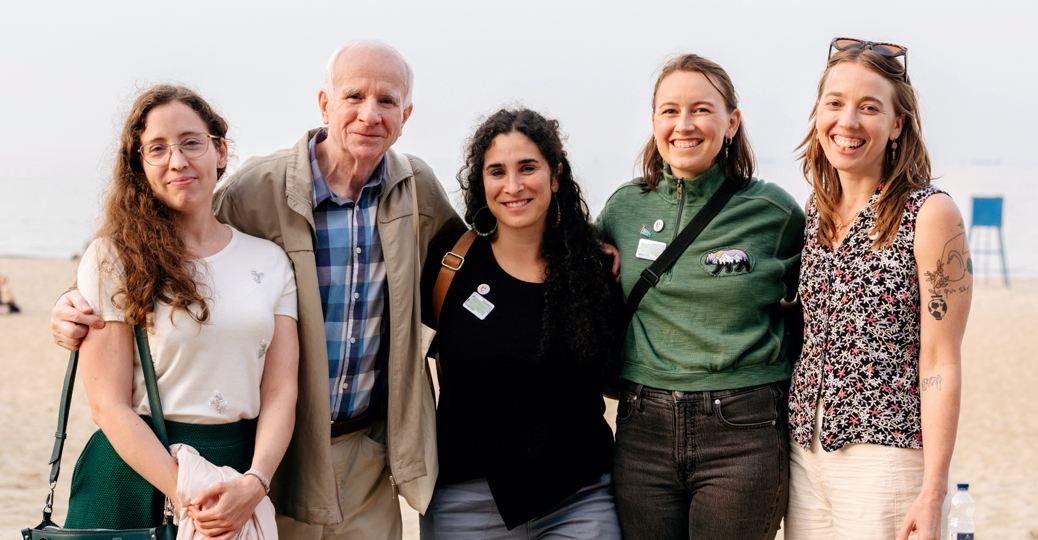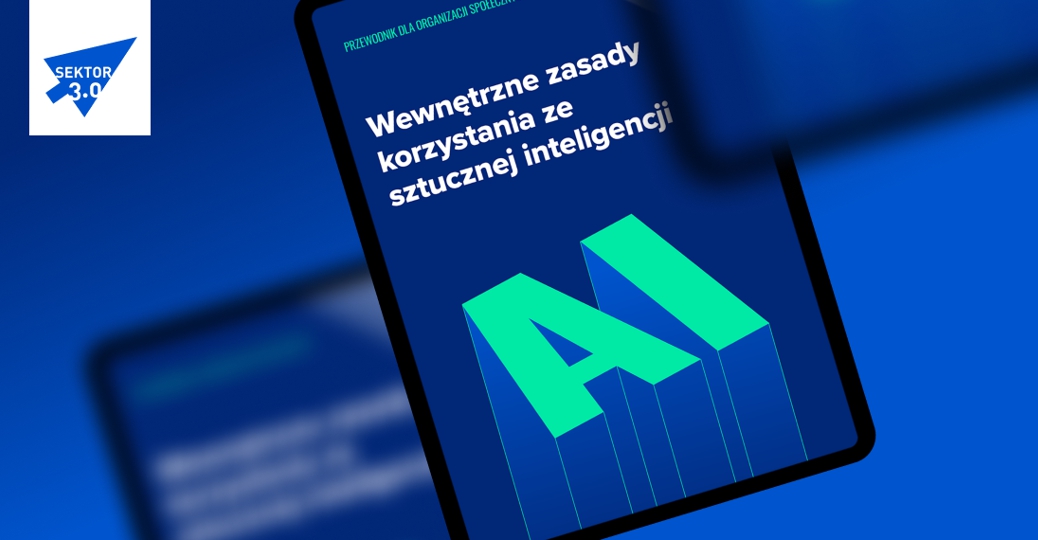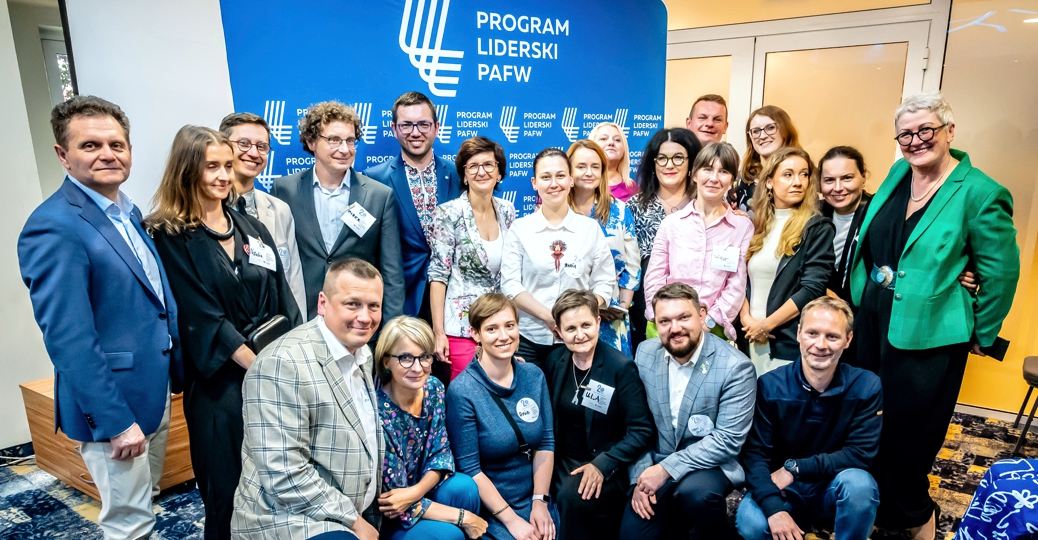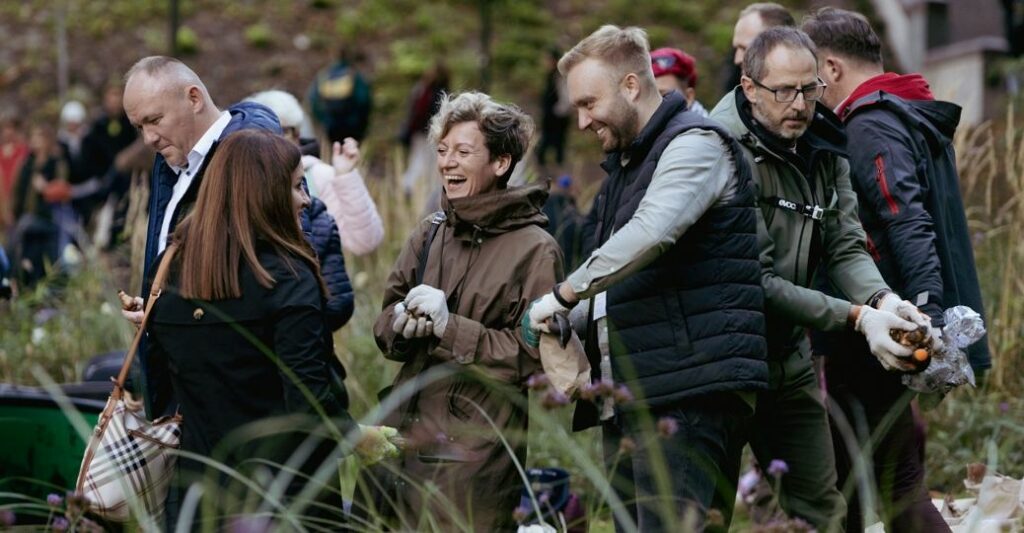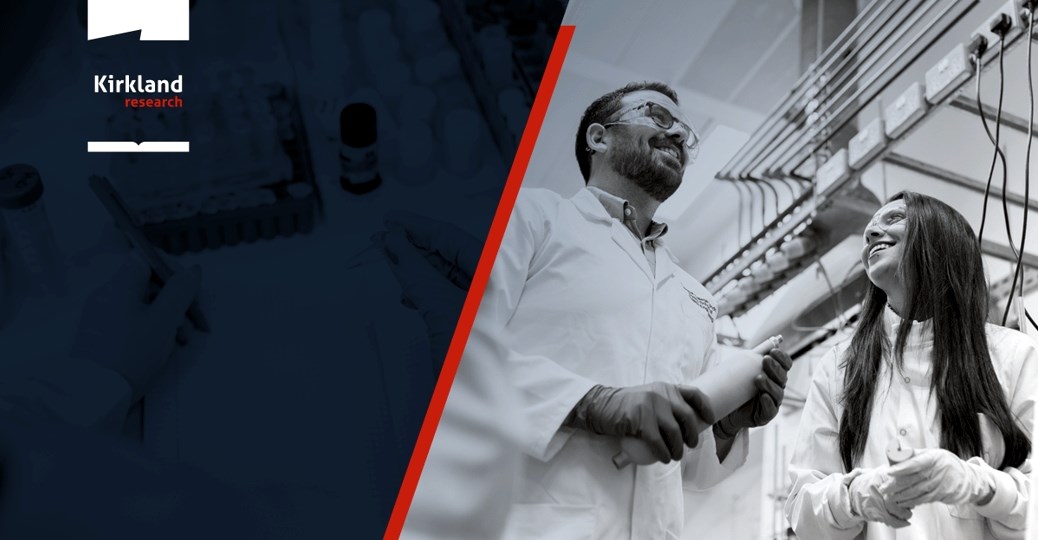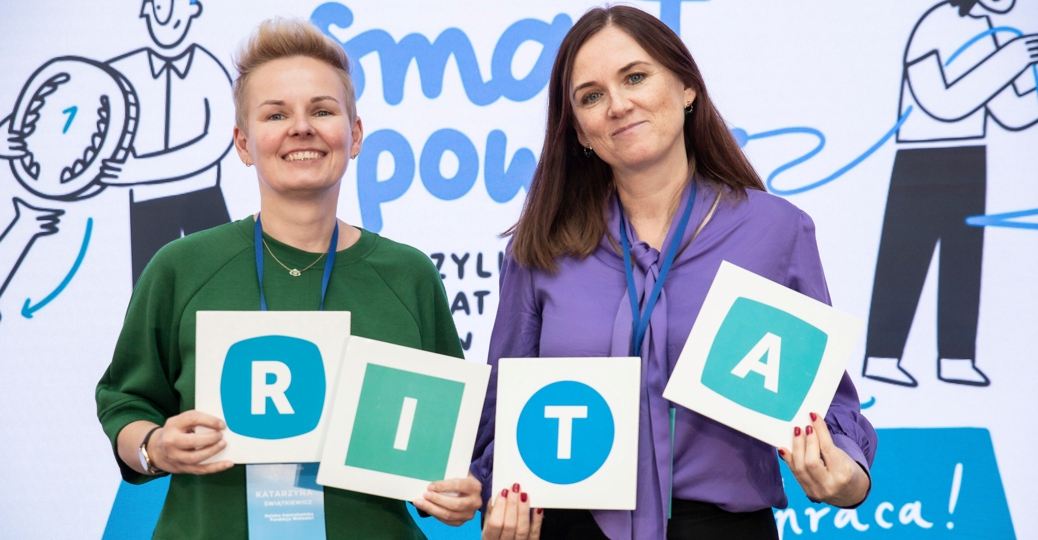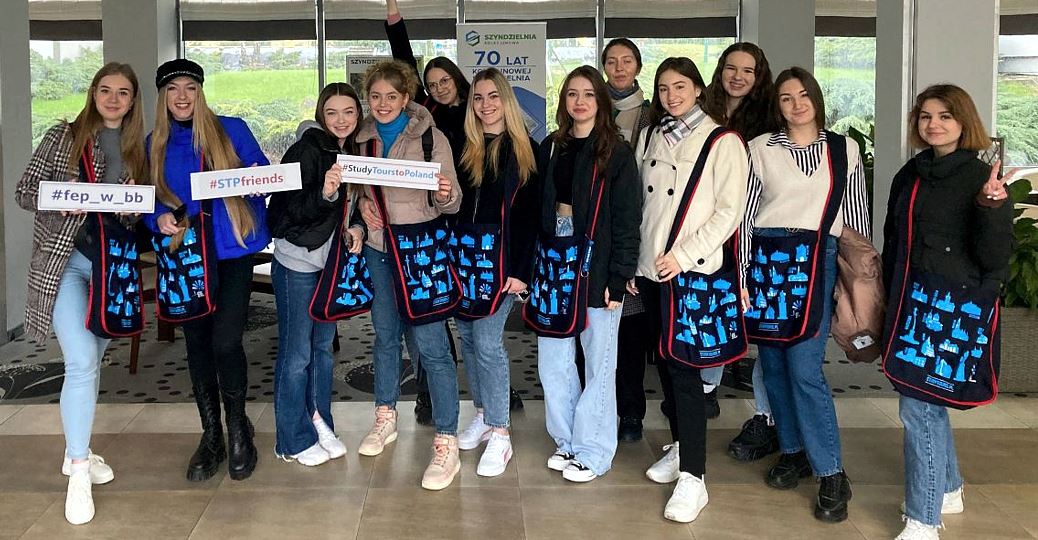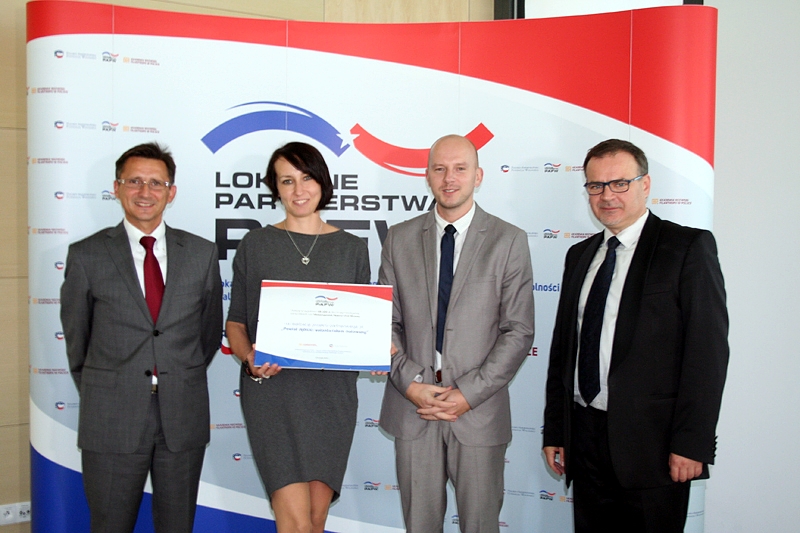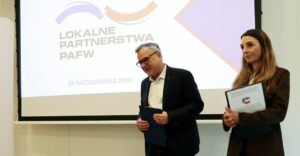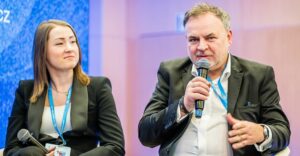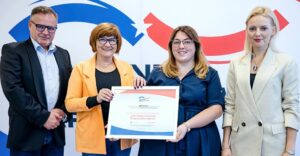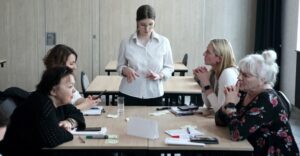Participation in the “PAFF Local Partnerships” Program is a reward for outstanding communities which are particularly involved in the implementation of programs run by the Polish-American Freedom Foundation. At the same time, it serves the goal of initiating the cooperation between participants leading to establishing the partnerships which carry out joint projects.
The core of a partnership is the Initiative Group comprising various Foundation beneficiaries. Next, the Group is joined by the local self-government, businesses, local media, NGO and institutions. During the first three rounds the leaders of partnerships were the Act Locally Centers. In the 4th round, the role of a leader can also be played by organizations participating in one of the following programs: “English Teaching”, “Equal Opportunities”, “Learning Schools”, “PAFF Leaders”, Library Development Program and “Region in Transition (RITA)”.
“The PAFF Local Partnerships is a program addressed to our long-term, trusted partners whom we want to award with their participation in this very special initiative,” said Grzegorz Jędrys, Head of the PAFF Representative Office in Poland who welcomed representatives of eight new partnerships established in the 4th edition of the Program. Also Joanna Lempart-Winnicka, Program Officer at the PAFF Representative Office in Poland and Paweł Łukasiak, President of the Academy for the Development of Philanthropy in Poland wished the participants of the meeting a lot of success in the implementation of their projects.

During the inaugural ceremony the leaders of the Initiative Groups received checks for implementation of the partnership projects. The amount of the grant was up to PLN 90,000.
The grants were awarded to:
- the Initiative Group whose leader is the “Partnership for the Barycza Valley” Association (the Act Locally Center) – a grant for the implementation of the “Colorful-Carp: on the carp’s trail through the Barycza Valley” project.
- the Initiative Group whose leader is the Social Creativity Incubator Association (the Act Locally Center) – a grant for the implementation of the “Stoczek Łukowski – the town of fighting and weapons” project.
- the Initiative Group whose leader is the FARMA Youth Activity and Development Foundation (the Act Locally Center, “Projector – Student Volunteers”, “PAFF Leaders”, “Bridge Scholarships”) – a grant for the implementation of the “Young Farmers” project.
- the Initiative Group whose leader is the Dębica Business Club Association (the Act Locally Center) – a grant for the implementation of the “Dębica district painted with volunteering” project.
- the Initiative Group whose leader is the STOPA Ełk Association of the Active (the Act Locally Center) – a grant for the implementation of the “Opened to Variety” project.
- the Initiative Group whose leader is the Norwid Republic of Poland Association (among others “PAFF Leaders”, “English Teaching”, “Act Locally”) – a grant for the implementation of the “My and your history” project.
- the Initiative Group whose leader is the Center of Culture and Recreation in Supraśl (the “Equal Opportunities” Program) – a grant for the implementation of the “Common Space, Common Affairs” project.
- the Initiative Group whose leader is the “Chociszewo – Common Future” Association (the “Equal Opportunities” Program) – a grant for implementation of the “Variety Fair” project.

he representatives of partnerships had the opportunity to present activities planned under the subsidized initiatives which deal with social space development, development of tourism, creation of a local product and preservation of the regional culture.
Piotr Jaśkiewicz, President of the Science for the Environment Foundation from Koszalin, which was the leader of a partnership established in the 2nd round of the Program, shared his experiences from the implementation of the “Space really public” project. In his speech he advised the new partnerships how to carry out activities effectively so that their initiatives turned out to be a success and could be continued with the participation of local residents. “It is important that the partnership is established not to have a joint project but to have a joint idea. I am sure that the idea is the basis on which you will build your coalition. It’s very nice to implement a project which in fact is not a project because when we speak about the common good, it does not have its beginning or its end,” he emphasized.

Eight partnerships established in the 4th edition of the Program will implement projects in 24 communes. So far in all rounds of the Program a total of 30 partnerships have been established which cover 73 communes, with over 300 partners involved.









